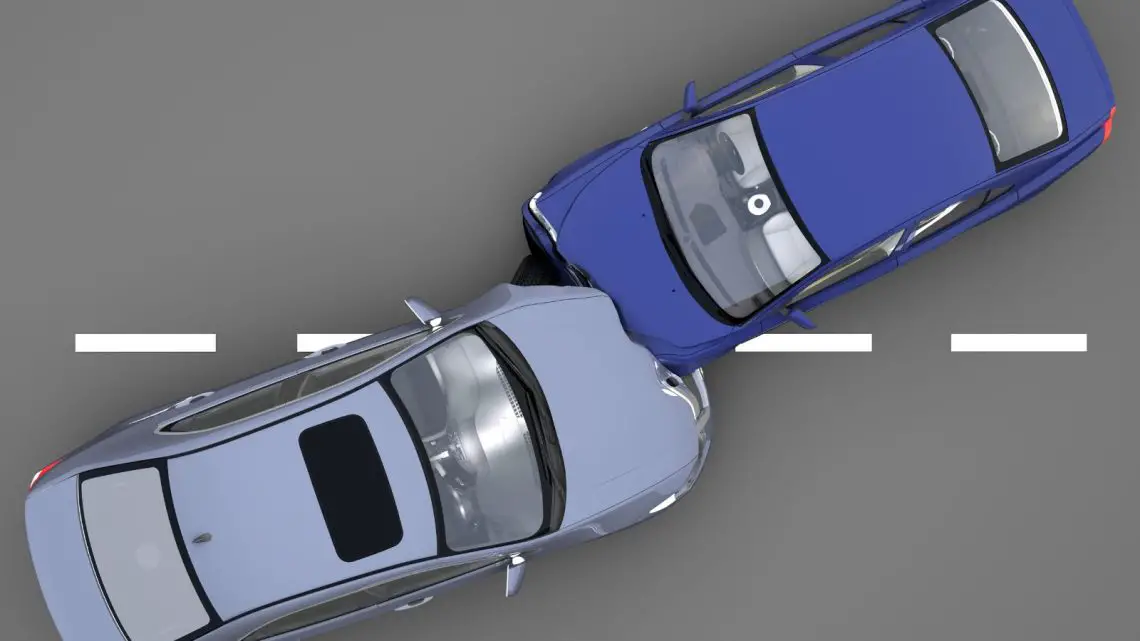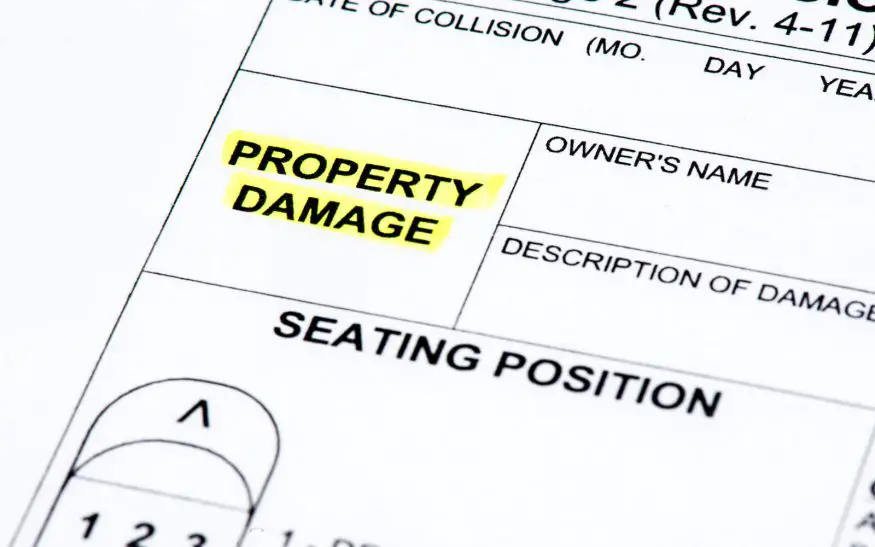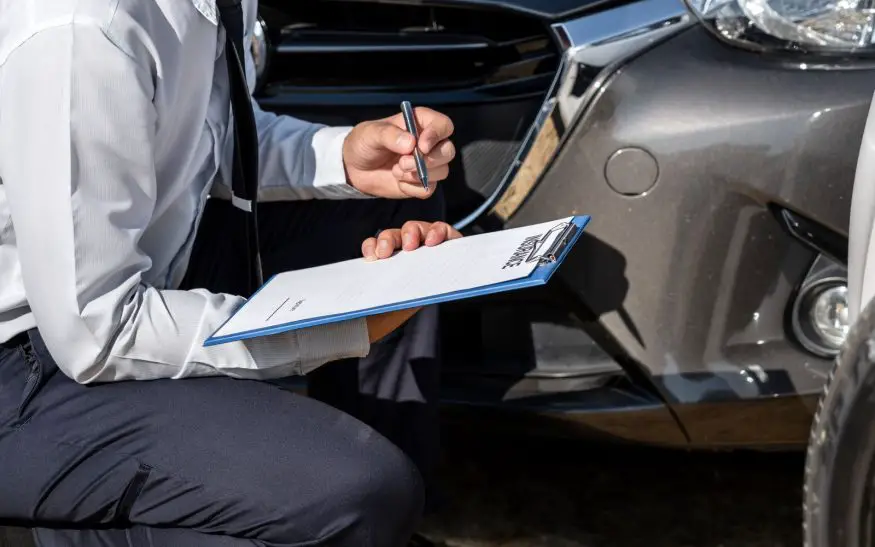
What Happens If You Get in an Accident in a Hydrogen Car?
February 28, 2023As the world shifts towards cleaner and more sustainable energy sources, hydrogen cars are becoming an increasingly popular choice for drivers who want to reduce their carbon footprint. These vehicles use hydrogen as fuel, which produces water as the only byproduct, making them a much cleaner alternative to traditional gasoline-powered cars. However, as with any new technology, concerns, and questions about safety exist. One such question is, what happens if you get in an accident in a hydrogen car?
1. Safety
After any car accident, the primary concern is safety. Fortunately, hydrogen cars are among the safest vehicles on the road because they are designed with several measures to protect drivers and passengers in case of an accident. In fact, the Hyundai NEXO hydrogen car has passed the rigorous Euro NCAP safety testing with flying colors, earning a solid five-star rating. Thatcham Research, a British safety organization, conducted the test on the Nexo and was very impressed with the vehicle’s great score of 94% for occupant protection. However, in any accident, you should check for injuries and seek medical attention immediately after a car accident.
Hydrogen Car Safety Video
Hydrogen can be highly flammable when exposed to extreme heat or a spark just like gasoline or lithium from large batteries. As such, you should move to safety in an accident if you are physically able. If possible, move the car away from potential hazards, such as other vehicles or debris.
Scroll Down for FAQ’s What Happens If You Get in an Accident in a Hydrogen Car?
2. Risk Assessment
Once you are confident that everyone in the vehicle is safe, assess the damage to determine if there is a risk of fire or explosion due to hydrogen leakage. If so, call emergency services immediately and evacuate the area until help arrives. It is also important to note that hydrogen is lighter than air and will dissipate quickly in the open air, reducing the risk of fire or explosion. Some signs that hydrogen may be leaking include a hissing sound or visible vapor. If you notice these signs, evacuate the area immediately and call emergency services.

3. Dealing With the Authorities
In some areas, reporting an accident involving a hydrogen car may be required. You should contact your local law enforcement or fire department for more information about the specific requirements in your area. When dealing with the authorities, keeping all relevant documentation, such as insurance information and accident reports, is essential. Notifying the police can also help protect you legally in the case of disputes or civil lawsuits. A police report will help provide an accurate account of the accident, which can be used as evidence.

4. Determining Fault
The law is still catching up with the emergence of hydrogen cars, so it’s essential to understand the specific laws governing accident liability in your area. Determining who is at fault can be complicated when an accident happens. Generally speaking, the driver will be held responsible if they were found to have been negligent or reckless in their driving.
The other party involved may also be found liable under certain circumstances. For example, if the accident was caused by a defective part or an error in the vehicle’s manufacturing, the manufacturer or seller of the car may be liable for damages.
5. Seeking Legal Advice
If you are involved in an accident with a hydrogen car, it is crucial to seek legal advice. A reputable attorney can help you understand your rights and responsibilities. A reputable personal injury attorney like Boland Romaine can help you understand what to do in the event of an accident and provide legal advice on any potential civil suits. They can also help you prepare all the necessary paperwork if you need to file an insurance claim.
By understanding the safety features, risks, and legal obligations of hydrogen cars, you can feel more confident driving one and know what to do in the event of an accident. Always drive responsibly, stay alert, and seek legal advice if needed.
 1. How safe are hydrogen cars?
1. How safe are hydrogen cars?
Hydrogen cars are generally considered safe. They undergo rigorous safety testing before they are allowed on the roads. The hydrogen tanks in these cars are designed to withstand severe impacts, high temperatures, and other extreme conditions.
2. What safety features do hydrogen cars have?
Hydrogen cars have several safety features, including pressure relief devices that prevent the buildup of too much pressure in the tank, sensors to detect any hydrogen leaks, and fire-resistant materials to minimize the risk of fire.
3. How are hydrogen tanks tested for safety?
Hydrogen tanks are subjected to a variety of tests to ensure their safety. These include impact tests, fire tests, burst tests, and fatigue tests. These tests are designed to ensure that the tanks can withstand a range of extreme conditions.
4. What happens in the event of a hydrogen car accident?
In the event of an accident, the hydrogen gas in the car’s tank would likely be vented out safely due to the pressure relief devices installed. Additionally, because hydrogen is lighter than air, it would rise and disperse quickly, reducing the risk of a fire.
5. Are hydrogen cars more dangerous than gasoline cars in an accident?
Not necessarily. While hydrogen is flammable, so is gasoline. In fact, hydrogen has some safety advantages over gasoline. For instance, hydrogen gas disperses quickly in the air, reducing the risk of a fire. 6. Can hydrogen tanks explode?
6. Can hydrogen tanks explode?
While it’s theoretically possible for a hydrogen tank to explode under certain extreme conditions, it’s highly unlikely due to the robust safety measures in place. Hydrogen tanks are designed to withstand high pressures and are equipped with pressure relief devices to prevent over-pressurization.
7. What should I do if I suspect a leak in my hydrogen car?
If you suspect a leak in your hydrogen car, you should immediately stop the vehicle in a safe location, turn off the ignition, and exit the vehicle. Call your local emergency services and inform them of the situation.
8. Are there any special precautions I should take when refueling a hydrogen car?
Refueling a hydrogen car is similar to refueling a gasoline car. However, you should avoid smoking, open flames, or sparks near the refueling station. Always follow the instructions provided at the hydrogen refueling station.
9. How are first responders trained to handle accidents involving hydrogen cars?
First responders are trained to handle accidents involving hydrogen cars similarly to how they handle accidents involving gasoline cars. They are trained to approach the vehicle from upwind, use cooling water if there is a fire, and to let leaking hydrogen burn out while protecting exposures.
10. Are hydrogen cars safer for the environment?
Yes, hydrogen cars are more environmentally friendly than traditional gasoline cars. They emit only water vapor as exhaust, contributing less to air pollution and global warming.



 With over 15 years of reporting hydrogen news, we are your premier source for the latest updates and insights in hydrogen and renewable energy.
With over 15 years of reporting hydrogen news, we are your premier source for the latest updates and insights in hydrogen and renewable energy.